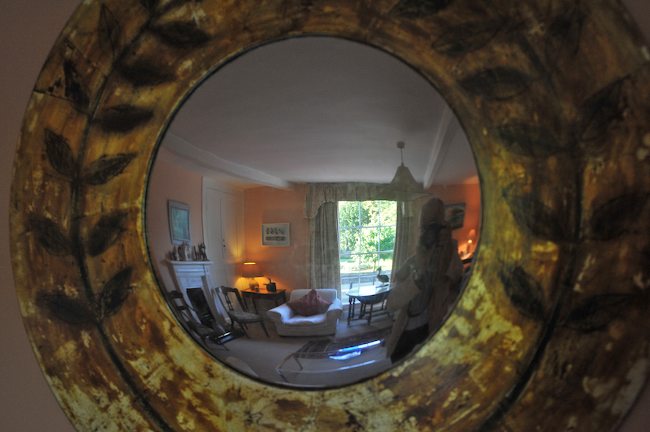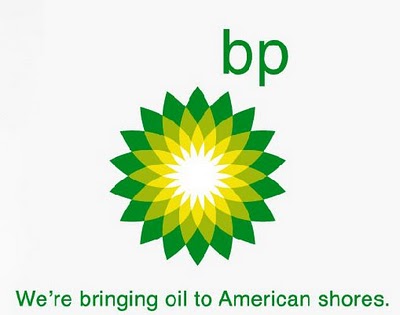New Yorker editor, David Remnick, on the vexed question of paywalls.
“I was going to be damned if I was going to train 18-year-olds, 20-year-olds, 25-year-olds, that this is like water that comes out of the sink,” he said, about The New Yorker.
Mr. Remnick was speaking at a breakfast for advertisers and some reporters in the Condé Nast Executive Dining Rooml last Tuesday morning. He said that if you want expensive reporting, then you’ll have to pay for it. Let’s just say that Mr. Remnick probably isn’t going to get a lunch with Jeff Jarvis or Arianna Huffington anytime soon and talk Web religion.
“There have been many stages of Web evangelical thinking. You must do this! You have to do that! Or you are clueless,” clucked Mr. Remnick.
“Remember the days of information wants to be free?” he continued. “So therefore the only thing that anyone with any brains could do with a magazine like The New Yorker is to put the whole thing online and give it away. Give it away! And if you were against that in some way or you said, ‘Wait a minute,’ you were–wait for it–clueless.
“I opted for clueless,” he said.
Mr. Remnick spoke about the magazine's digital edition (which is its own animal, accessible for a $39.95 fee for people who don’t subscribe to the print edition) and how some content is still free on the web. He's figuring it out, just like everyone else. He’s not in a rush. But when he does figure it out, you will be paying. Two weeks ago, Mr. Remnick told the London-based Arabic paper Asharq Al-Awsat that there are “millions” of people who will willingly pay for the news.
Well, I’d be willing to pay for the New Yorker . In fact, I already do — through the nose for the print edition. But it’s surprising that his magazine’s legendary fact-checkers didn’t pick him up on one point — tapwater isn’t free. We pay water rates or water charges for it.





